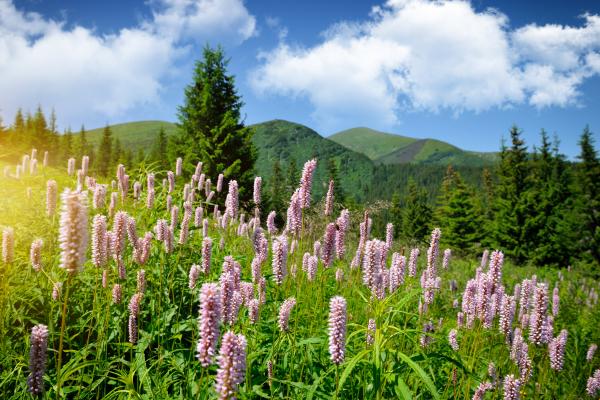Many years ago, I sat in a church that resembled nothing like the church that I barely frequented while growing up. As the overhead lights dimmed in preparation for opening song, a blue-ish red hue washed over the stage to what felt like a concert opening and the following lyrics for “Indescribable” emerged on two oversized screens flanking the worship team:
From the highest of heights to the depths of the sea
Creation’s revealing Your majesty
From the colors of fall to the fragrance of spring
Every creature unique in the song that it sings
All exclaiming …
These song lyrics stuck with me because they remind me of how God is manifest in our natural world, where grace and interconnectedness are reflected in species that are intricately dependent on one another, and where the sheer beauty of our earth often becomes more apparent when we are able to step away from our industrialized lives and behold a starry night or a hike in the woods.
These lyrics also remind me of the part in Genesis where Adam is first put in charge of taking care of Eden and then gets to name all the animals, implying that he is responsible for them too:
“The Lord God took the man and put him in the Garden of Eden to work it and take care of it … Now the Lord God had formed out of the ground all the wild animals and all the birds in the sky. He brought them to the man to see what he would name them; and whatever the man called each living creature, that was its name. So the man gave names to all the livestock, the birds in the sky and all the wild animals …” (Gen 2:15; 19-20).
Read the Full Article

